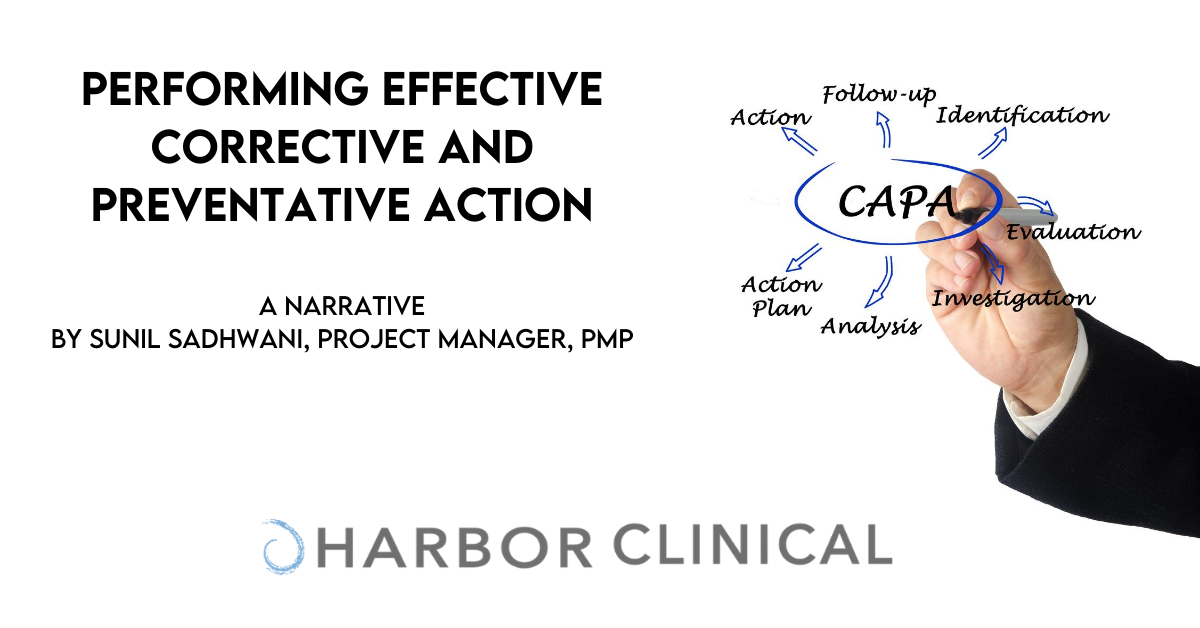Up to 5 million Americans have left their jobs during the ‘Great Resignation’ and that number’s still growing. While numerous industries are experiencing record turnover, it’s especially acute in healthcare. According to one report, 20% of medical professionals have left the field, including clinical trial assistants, clinical research associates, and study monitors.
Tips for Maintaining Quality Research Amidst the “Great Resignation”
Topics: clinical trial, clinical trial strategic planning, clinical trial consulting, clinical trial remote services, fda, inspection readiness, Data Management, Clinical Research, Biotech, Pharmaceuticals, biotechnology, pharma, qualityassurance, Quality Assurance, biostatistics, biometrics, FSP, Functional Service Provider, clinical trials, project management, data operations, Good Clinical Practice, patient enrollment, patient recruitment, clinical research jobs, clinical outsourcing, FDA inspections, biopharma, biomedical research, medical research, medical device manufacturer, food and drug administration, patients, medical patients, budget, clinical research data management, great resignation, staff shortage, quality data
5 Best Practices for Maintaining a Trial Master File (TMF)
The Trial Master File (TMF) is one of the most important systems in clinical research. It plays a pivotal role in demonstrating your assertion that your clinical study was conducted in adherence to the protocol using the principles of Good Clinical Practice (GCP).
Topics: clinical trial, clinical trial strategic planning, clinical trial consulting, clinical trial remote services, fda, inspection readiness, Data Management, Clinical Research, Biotech, Pharmaceuticals, biotechnology, pharma, qualityassurance, Quality Assurance, biostatistics, biometrics, FSP, Functional Service Provider, clinical trials, project management, Good Clinical Practice, patient enrollment, patient recruitment, clinical research jobs, clinical outsourcing, FDA inspections, biopharma, biomedical research, medical research, medical device manufacturer, food and drug administration, patients, medical patients, budget, TMF, trial master file
Designing and implementing clinical trials isn’t cheap. One report submitted to the U.S. Department of Health and Human Services (HHS) found that the average cost of a Phase 1 trial was $4 million, while the average cost of a Phase 3 trial was $20 million. Considering that up to 85% of all trials experience delays, your budget can quickly balloon out of control.
Topics: clinical trial, clinical trial strategic planning, clinical trial consulting, clinical trial remote services, fda, inspection readiness, Data Management, Clinical Research, Biotech, Pharmaceuticals, biotechnology, pharma, qualityassurance, Quality Assurance, biostatistics, biometrics, FSP, Functional Service Provider, clinical trials, project management, Good Clinical Practice, patient enrollment, patient recruitment, clinical research jobs, clinical outsourcing, FDA inspections, biopharma, biomedical research, medical research, medical device manufacturer, food and drug administration, patients, medical patients, budget
Tips for Improving the Patient Experience in Clinical Trials
Low patient retention is one of the greatest challenges that clinical researchers face. One study, conducted by the Tufts Center for the Study of Drug Development, found that between 2012 and 2019, patient dropout rates increased from 15.3% to 19.1%.
Topics: clinical trial, clinical trial strategic planning, clinical trial consulting, clinical trial remote services, fda, inspection readiness, Data Management, Clinical Research, Biotech, Pharmaceuticals, biotechnology, pharma, qualityassurance, Quality Assurance, biostatistics, biometrics, FSP, Functional Service Provider, clinical trials, project management, Good Clinical Practice, patient enrollment, patient recruitment, clinical research jobs, clinical outsourcing, FDA inspections, biopharma, biomedical research, medical research, medical device manufacturer, food and drug administration, patients, medical patients
Introducing Our Functionally Aligned Strategic Team (FAST™)
If your company is preparing to launch a new drug or medical device, it’s important you have a team of experts supporting you every step of the way. Considering the high costs and amount of risk involved, outsourcing key, strategic components of the work to a Functional Service Provider (FSP) can free up time and help you better allocate resources.
Topics: clinical trial, clinical trial strategic planning, clinical trial consulting, clinical trial remote services, fda, inspection readiness, Data Management, Clinical Research, Biotech, Pharmaceuticals, biotechnology, pharma, qualityassurance, Quality Assurance, biostatistics, biometrics, FSP, Functional Service Provider, clinical trials, project management, Good Clinical Practice, clinical research jobs, clinical outsourcing, FDA inspections, biopharma, biomedical research, medical research, medical device manufacturer, food and drug administration
Is your current data management provider struggling? Perhaps they are under resourced, have antiquated SOPs, use cumbersome systems, or are simply not a good fit for your team and culture. All these items contribute to poor quality either overtly or more subtly by revealing themselves at, unfortunately, the wrong time.
Topics: Data Management, Quality Assurance, biometrics, clinical trials, rescue studies
Performing Effective Corrective and Preventative Action
Performing an ideal clinical study would result in zero non-compliances throughout its entire life cycle. What an achievement that would be! Perhaps this is a utopian/non-realizable outcome, but wouldn’t it be great to avoid non-compliance issues resurfacing in the same study or perhaps in a follow on study. How does one incorporate lessons learned or experience from compliance issues to prevent recurrence? One clear approach is to thoroughly understand what caused the non-compliance –to get to that ‘a-ha’ moment. What’s the documentation process for recording the non-compliance? Is there a repository of non-compliances that is maintained to log these findings? Are there owners or actionees for these non-compliances to investigate them and close them within a reasonable time frame? As these questions are identified, a convergence of thought hopefully is achieved. If discipline is practiced to capture the specific issue as it is surfaced, it will be easier to get to root cause. It is likely some non-compliances are simple human error for which an effective Corrective and Preventative Action (CAPA) could be additional training of a site or study team members. When a critical non-compliance occurs warranting a larger stakeholder participation as its impact could very well jeopardize the study, the discipline for finding root cause should not deviate. Effort to focus on root cause taking advantage of tools such as Fishbone Diagrams to thoroughly evaluate all candidate root causes should take precedence. Only after root cause is understood should careful consideration on all available corrective actions and/or preventative actions be evaluated. To assess which appropriate corrective action to use, a Trade Space Evaluation methodology, often used in other industries, can be utilized. With this approach corrective actions are compared against a set of common criteria using numerical scoring metrics or color-coding metrics (Red, Yellow, or Green) to narrow down the optimal CAPA. Future blogs will illustrate how this methodology can be effective in the down-selection of the optimal CAPA. The key is to not to dilute the root cause process. Risk assessments performed at the start of a study are key to predicting issues and pre-plan their mitigation. Incorporating a technique like the Trade Space Methodology in the CAPA process at this initial assessment and sustaining it through the study by maintaining the risk log with this additional information can result in a comprehensive closed loop CAPA process. Holding periodic and regular meetings with investigators and other study team members where non-compliances are reviewed and reported on further ensures a robust process. Depending on the size of the organization, having an independent QA resource focused on the overall non-compliance process and retaining the knowledge base can be an effective discipline. The Return on Investment for this discipline and rigor should be a downward trend in the number of non-compliances experienced through subsequent studies to get to the highly desirable zero non-compliances’ Study!
Topics: Clinical Research, Biotech, Pharmaceuticals, capa, Quality Assurance









